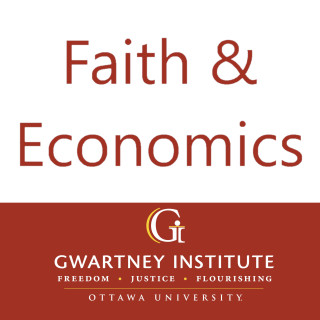
S01:E133

This week the Gwartney Institute talks about today's media. Specifically the team talks about media deception, and how media changes what actually happens. We saw this a lot when Trump was in office with articles that weren't telling the truth, and social media spreading things that most likely aren't true. This is now happening with Joe Biden. Our last podcast covered his so called meat laws that he wanted to implement, but Biden has never actually said anything about meat laws it was just the media deceiving the public. See what the team thinks about this and why our society is doing this. Also hear about some of their solutions to this issue. Enjoy!